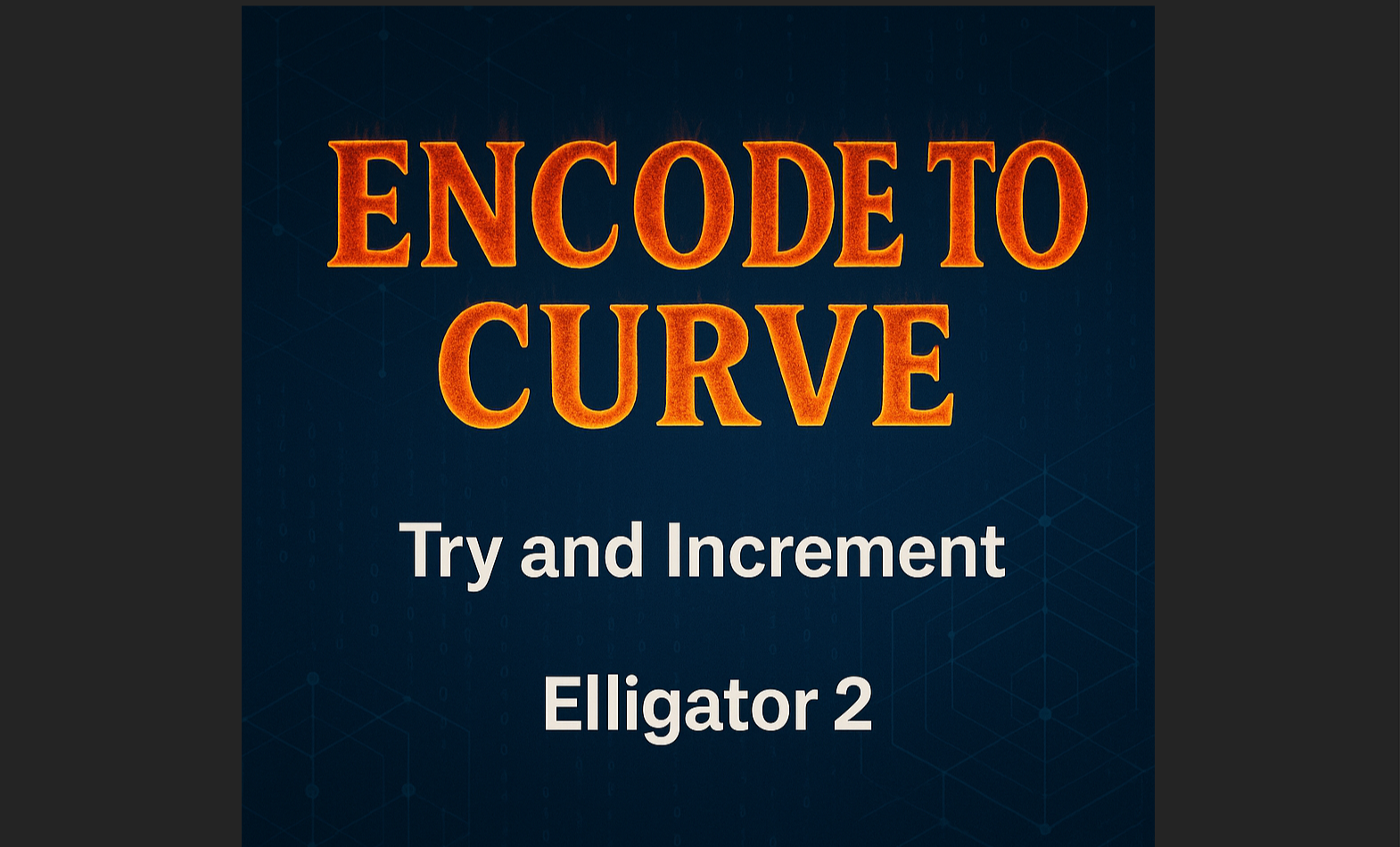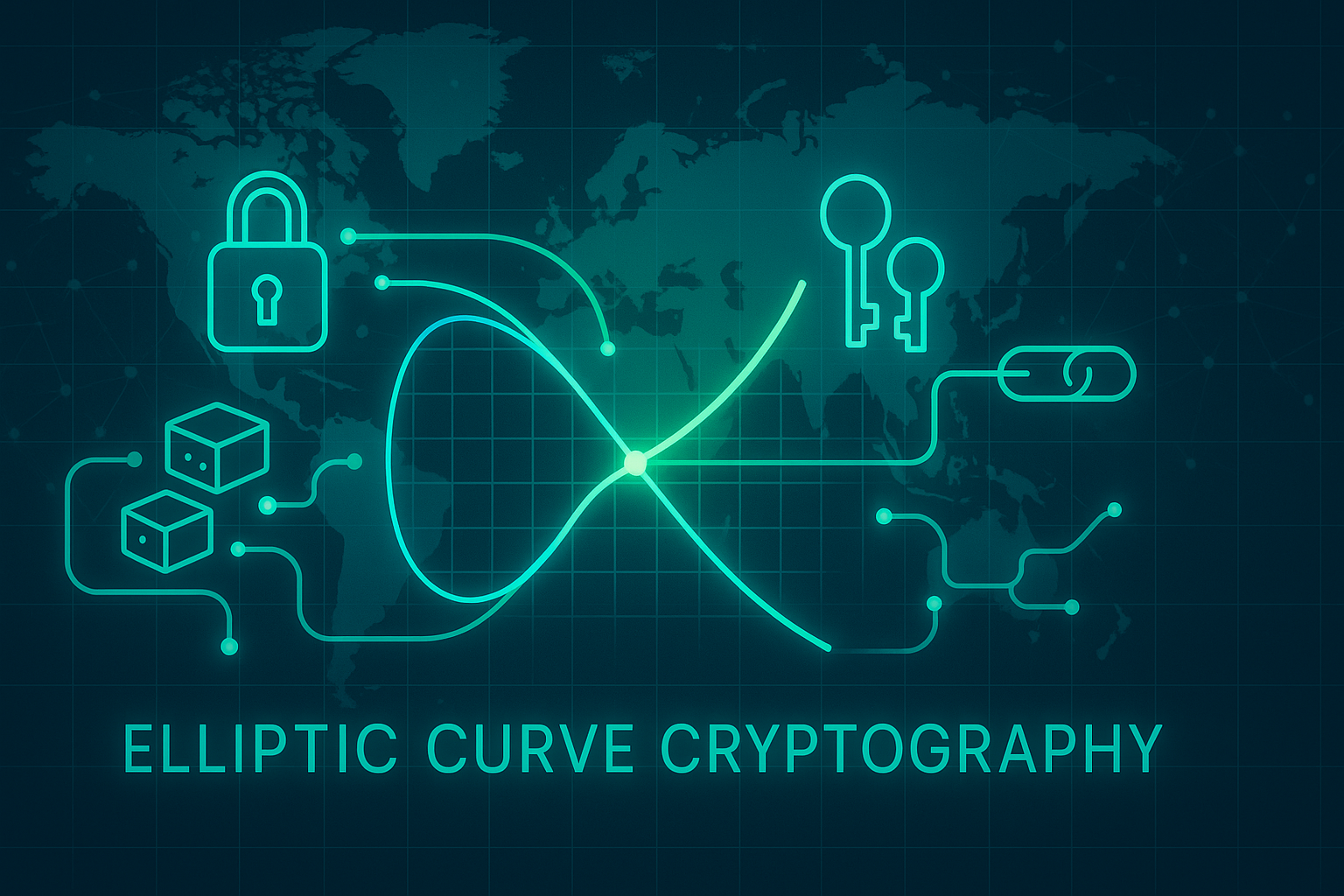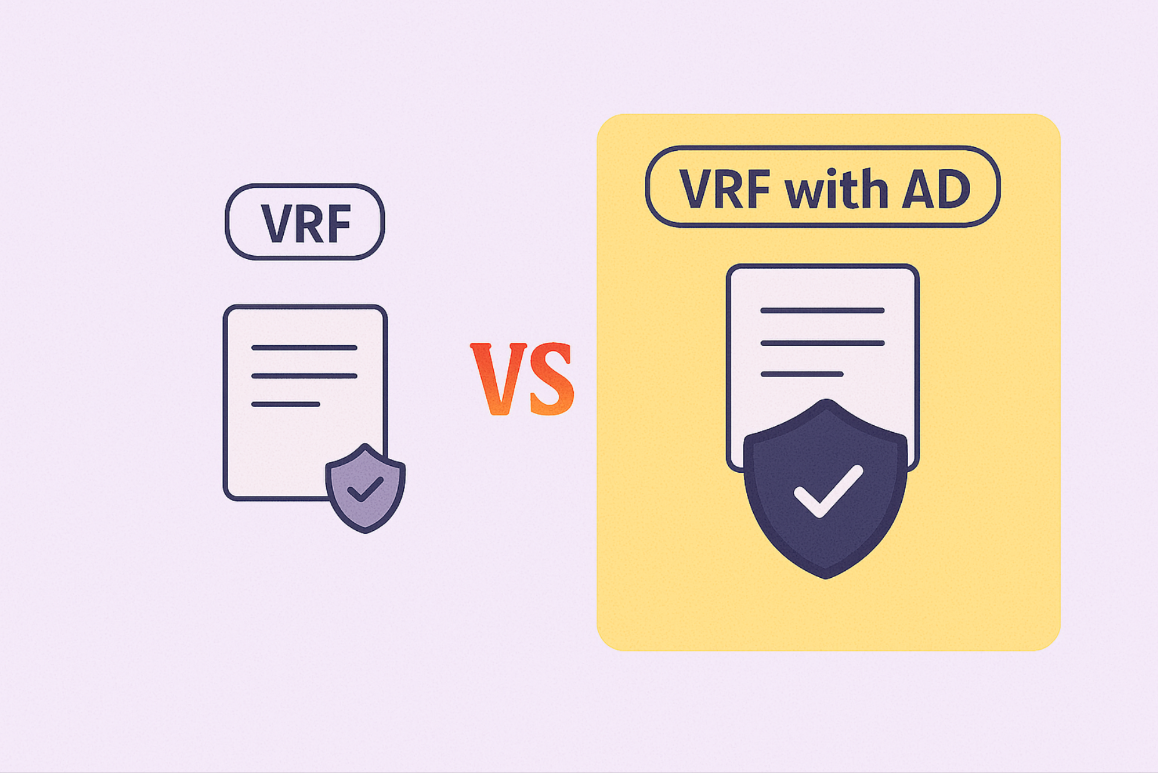Smart Contracts Explained: Enhancing Security & Efficiency in Your Business

Prasad Kumkar
CEO

Understanding the Smart Contract Revolution in Business#
In today's rapidly evolving digital landscape, businesses are constantly seeking technologies that can streamline operations, enhance security, and reduce costs. Smart contracts have emerged as a transformative force that accomplishes all three objectives while fundamentally changing how agreements are executed in the digital realm.
At their core, smart contracts are self-executing computer programs stored on a blockchain that automatically enforce and execute the terms of an agreement when predetermined conditions are met—no human intervention required. Unlike traditional contracts that require interpretation, trust in counterparties, and manual enforcement, smart contracts operate with mathematical precision based on their programmed conditions.
Recent adoption trends show smart contract implementation growing at approximately 30% annually across industries, with particularly strong growth in finance, supply chain, and healthcare sectors. This surge in adoption isn't merely technological experimentation—it represents a fundamental shift in how businesses conceive of and execute agreements, automations, and transactions in an increasingly digital economy.
What Are Smart Contracts? The Technical Foundation#
Beyond Basic Automation: The Core Definition#
Smart contracts are digital contracts stored on a blockchain that automatically execute when predetermined terms and conditions are met. Despite their name, they aren't necessarily legal contracts in the traditional sense—rather, they're computer programs that enforce business logic through code rather than through legal language or human enforcement1. This distinction is crucial for understanding their capabilities and limitations.
As self-executing computer programs, smart contracts perform actions without requiring intermediary involvement or time loss, making them particularly valuable for transactions that traditionally required middlemen, validation steps, or manual processing5. The code itself follows simple "if/when...then..." statements that trigger specific actions when conditions are verified by the blockchain network1.
The Blockchain Foundation#
What makes smart contracts particularly powerful is their integration with blockchain technology. When a smart contract executes a transaction or action, the result is recorded on the blockchain, creating an immutable record that cannot be altered retroactively1. This permanence creates unprecedented accountability and auditability for business transactions.
The blockchain's distributed nature means that smart contracts operate within a decentralized environment where verification occurs across multiple nodes rather than through a single central authority. This architecture provides inherent protection against tampering and corruption of transaction data—a critical attribute for high-value business processes1.
Development and Implementation Process#
The creation of effective smart contracts begins with business teams articulating requirements to developers, who then encode these specifications into programmatic terms. This process requires translating business intentions into precise computational logic that can operate autonomously once deployed5.
Various platforms support smart contract development, with Ethereum and Hyperledger Fabric emerging as the dominant ecosystems for enterprise applications3. Each platform offers different capabilities, performance characteristics, and security models that businesses must evaluate against their specific requirements.
The Business Case: Key Benefits of Smart Contracts#
Automation and Operational Efficiency#
The most immediate benefit of smart contracts is the elimination of manual processing steps for agreement execution. When certain criteria are met, smart contracts automatically trigger subsequent actions without human intervention, drastically reducing processing time and eliminating bottlenecks caused by manual verification1.
This automation extends beyond simple transactions to complex workflows where multiple conditions must be satisfied in sequence. Smart contracts can manage these complex dependencies while maintaining complete auditability at each step, a significant advantage for businesses with multi-stage processes1.
Enhanced Security Through Immutability#
Once deployed on a blockchain, smart contract code cannot be altered, providing protection against both malicious tampering and accidental changes. This immutability ensures that the agreed-upon business logic remains consistent throughout the contract lifecycle1.
The distributed verification inherent in blockchain technology means that no single party can unilaterally modify transaction records, creating a technical foundation for trust that doesn't rely on institutional reputation or legal enforcement mechanisms. For businesses operating in environments with limited trust or across jurisdictional boundaries, this technical trust provides substantial risk reduction5.
Cost Reduction Through Disintermediation#
By eliminating intermediaries who traditionally facilitate, verify, or enforce agreements, smart contracts can significantly reduce transaction costs. Industries with high intermediary costs—such as finance, real estate, and international trade—stand to benefit substantially from this disintermediation3.
Beyond direct cost savings, the reduction in processing time translates to improved capital efficiency and reduced opportunity costs, particularly for high-value transactions where timing directly impacts economics.
Transparency and Visibility#
Smart contracts operate with complete transparency for authorized participants, allowing all stakeholders to have visibility into contract terms, execution status, and outcomes1. This transparency eliminates information asymmetries that often plague complex multi-party agreements.
For businesses concerned with regulatory compliance or audit requirements, the transparent and immutable nature of smart contracts provides unprecedented documentation of transaction history and decision logic, simplifying compliance verification and reducing audit costs.
Industry Applications: Transforming Business Processes#
Financial Services Revolution#
The financial sector has been at the forefront of smart contract adoption, implementing solutions ranging from automated loan processing to complex derivatives contracts. Smart contracts enable programmable money that responds to predefined conditions without requiring manual settlement or clearing processes3.
Decentralized finance (DeFi) applications represent perhaps the most ambitious application of smart contracts in finance, creating entirely new financial instruments that operate without traditional institutional intermediaries. While still evolving, these applications demonstrate the potential of smart contracts to fundamentally reimagine financial infrastructure.
Supply Chain Management Transformation#
Supply chains benefit tremendously from smart contracts through automated payment release upon verified delivery, immutable tracking of goods throughout complex logistics networks, and programmable inventory management3. These applications address longstanding issues of transparency, efficiency, and trust in multi-party supply networks.
Particularly notable are implementations that connect physical asset tracking (via IoT devices) with smart contract execution, creating "digital twins" of physical goods that trigger contractual actions based on their real-world status or location. This integration of physical and digital creates unprecedented visibility and automation throughout supply chains.
Healthcare Innovation#
In healthcare, smart contracts facilitate secure, permissioned data sharing while maintaining patient privacy protections. They enable conditional access to sensitive information based on verified need-to-know criteria and can create immutable audit trails of who accessed what information and when3.
Beyond data management, smart contracts show promise for automating insurance claim processing, clinical trial management, and pharmaceutical supply chain verification—areas where trust, compliance, and efficient processing are critical requirements.
Energy Market Transformation#
Energy markets increasingly leverage smart contracts to enable peer-to-peer energy trading, automated grid management, and dynamic pricing models. These applications create more efficient energy markets by reducing settlement times and enabling more granular trading patterns3.
Particularly interesting are implementations that connect smart meters and grid management systems with blockchain-based smart contracts, enabling real-time response to energy supply and demand fluctuations through automated contract execution.
Security Considerations: Understanding and Mitigating Risks#
Common Smart Contract Vulnerabilities#
Despite their security benefits, smart contracts themselves can contain vulnerabilities if improperly designed or implemented. Common issues include:
Reentrancy Attacks: These occur when external contract calls are allowed to make new calls to the calling contract before the first execution is complete. This vulnerability can lead to unexpected behaviors including fund extraction2.
Integer Overflow and Underflow: Mathematical operations in smart contracts can produce unexpected results when values exceed the range of the variable type, potentially leading to incorrect calculations affecting financial transactions2.
Access Control Vulnerabilities: Improper implementation of permission checks can allow unauthorized parties to execute restricted functions, potentially compromising the entire contract's security model2.
Delegatecall Vulnerabilities: The delegatecall operation allows one contract to execute code in the context of another, which creates powerful capabilities but also opens security risks if implementation is flawed2.
Security Best Practices#
To mitigate these risks, businesses implementing smart contracts should:
- Conduct thorough security audits by specialized third parties before deployment
- Implement formal verification of critical contract components
- Use established design patterns and libraries with proven security records
- Implement comprehensive testing including stress tests and edge cases
- Consider gradual rollout with limited value at stake during initial deployment
The security landscape for smart contracts continues to evolve, with machine learning and automated detection tools emerging as promising approaches for identifying potential vulnerabilities before they can be exploited2.
Implementation Strategy: From Concept to Deployment#
Assessing Business Fit#
Not every business process benefits equally from smart contract implementation. The strongest candidates typically involve:
- Multi-party transactions requiring trust
- Conditional logic that can be clearly defined
- Processes where speed and automation create significant value
- Scenarios where audit trails and immutability provide regulatory or security benefits
Conducting a thorough assessment of potential use cases against these criteria helps prioritize implementation efforts and maximize return on investment.
Platform Selection Considerations#
The choice between smart contract platforms significantly impacts capabilities, costs, and integration requirements. Key considerations include:
Ethereum: Offers the largest developer ecosystem and highest adoption, but can have higher transaction costs and scalability limitations for enterprise applications.
Hyperledger Fabric: Provides permissioned networks suitable for enterprise use cases with privacy requirements and higher transaction throughput.
Other Specialized Platforms: Various industry-specific blockchains offer optimized features for particular applications like supply chain or financial services.
The platform choice should align with specific business requirements, existing technology infrastructure, and long-term strategic objectives.
Development and Testing Approach#
Successful smart contract implementation requires a methodical approach:
- Design Phase: Clearly define business logic, edge cases, and failure scenarios
- Development: Implement using best practices and security patterns
- Testing: Conduct comprehensive testing including security, performance, and integration testing
- Auditing: Engage specialized third parties for security and code quality review
- Deployment: Implement with monitoring and contingency plans in place
- Maintenance: Establish governance for potential upgrades and issue resolution
Unlike traditional software that can be patched as issues arise, smart contracts' immutable nature means getting the implementation right before deployment is critical.
Legal and Regulatory Considerations#
Despite their name, smart contracts are not automatically legally binding contracts. Businesses must take additional steps to establish the legal framework around smart contract implementation5:
- Create traditional legal agreements that reference the smart contract execution
- Ensure compliance with relevant regulations like KYC/AML where applicable
- Define dispute resolution mechanisms for scenarios where smart contract behavior doesn't align with business intent
- Address jurisdictional questions, particularly for cross-border implementations
Working with legal counsel experienced in blockchain technology during the development process helps ensure both technical and legal requirements are satisfied.
Future Trends: The Evolving Smart Contract Landscape#
Cross-Chain Interoperability#
Current development in blockchain interoperability promises to enable smart contracts that operate across multiple blockchains, expanding their utility for businesses operating across different platforms or ecosystems. This interoperability will likely accelerate adoption by reducing platform lock-in concerns.
Scaling Solutions#
Layer-2 scaling solutions are enhancing smart contract capabilities by addressing throughput limitations and transaction costs on base blockchains. These advancements make smart contracts viable for high-frequency, low-value transactions that weren't economically feasible on earlier implementations.
Oracle Enhancement#
Oracles—the mechanisms that feed external data to smart contracts—are becoming more sophisticated, reliable, and decentralized. These improvements expand the scope of what smart contracts can efficiently govern by providing secure access to real-world data with high reliability.
Regulatory Framework Development#
As smart contract adoption grows, regulatory frameworks are evolving to provide greater clarity around their legal status and compliance requirements. This evolution reduces implementation risk and creates more predictable environments for business adoption.
Chainscore Labs: Your Partner in Smart Contract Innovation#
Navigating the complex landscape of smart contract implementation requires specialized expertise. Chainscore Labs stands at the forefront of blockchain development, offering comprehensive services specifically tailored to businesses implementing smart contract solutions4.
As a leading blockchain development firm, Chainscore Labs specializes in smart contracts, DeFi and Web3 applications, and security audits for global businesses. Their team combines deep theoretical knowledge with practical implementation experience across major blockchain platforms4.
Their services include:
- Smart Contract Development: Custom-built solutions tailored to specific business requirements
- Security Auditing: Comprehensive review of contract code to identify and remediate vulnerabilities
- DeFi Protocol Implementation: Specialized expertise in decentralized finance applications
- Web3 Application Development: Full-stack development of blockchain-integrated applications
- Strategic Consulting: Guidance on blockchain strategy, use case selection, and implementation approach
With a proven track record working with innovative blockchain platforms like Telos, Tekika, and TelosX, Chainscore Labs brings both technical capability and industry experience to smart contract implementations4.
Conclusion: The Strategic Imperative of Smart Contracts#
Smart contracts represent far more than incremental technology improvement—they fundamentally transform how businesses can structure agreements, automate processes, and create trust in digital environments. Their ability to automatically execute business logic with immutability and transparency creates opportunities for efficiency, security, and innovation across virtually every industry.
While implementation challenges exist—including technical complexity, security considerations, and evolving regulatory frameworks—the strategic advantages for early adopters are substantial. Businesses that successfully implement smart contracts gain not only operational benefits but also positioning advantages in increasingly digital markets.
As with any transformative technology, the greatest benefits will likely accrue to organizations that move thoughtfully but decisively to understand, experiment with, and implement smart contract solutions aligned with their strategic objectives. The time for that exploration is now.
Ready to explore how smart contracts can transform your business operations? Connect with Chainscore Labs today to discuss your specific needs and develop a tailored implementation strategy that delivers measurable results.

About Prasad Kumkar
CEO
Prasad Kumkar, a technology leader, founded Chainscore Labs to lead the Web3 revolution. With over 6+ years of experience, he excels at building and scaling engineering projects. As the Head of Web3 at Ignite Tournaments, he grew the team, leading to significant contributions in its growth, serving millions. He has a proven history of turning innovative ideas into successful products, as demonstrated by his role at Reax Finance, Tekika, and Telosx.
Continue Reading

From Bytes to Points: How Try-and-Increment and Elligator 2 Map to Curves
Learn how messages are mapped to elliptic curve points using Encode-to-Curve methods. This blog compares Try-and-Increment and Elligator 2, exploring their use in VRFs and cryptographic protocols.


The Cryptographic Foundation: Understanding Elliptic Curves in VRF-AD Implementation
Explore how elliptic curves form the backbone of VRF-AD, ensuring security, efficiency, and performance in cryptographic systems


Verifiable Randomness with Context: Understanding VRF with Additional Data (VRF-AD)
About VRF-AD, a cryptographic enhancement adding context to traditional VRFs. Covering VRF fundamentals, how additional data solves replay attacks and domain separation, and technical implementation.


Top Web3 Trends to Watch in 2025
Explore the cutting-edge Web3 trends of 2025 that will transform businesses across industries, from green blockchain and decentralized AI to CBDCs and DeFi—with actionable implementation strategies.


How to Transition Your Business from Web2 to Web3: A Comprehensive Guide
Learn how to successfully migrate your business from Web2 to Web3 with this comprehensive guide covering benefits, challenges, implementation steps, and best practices for a competitive edge.
